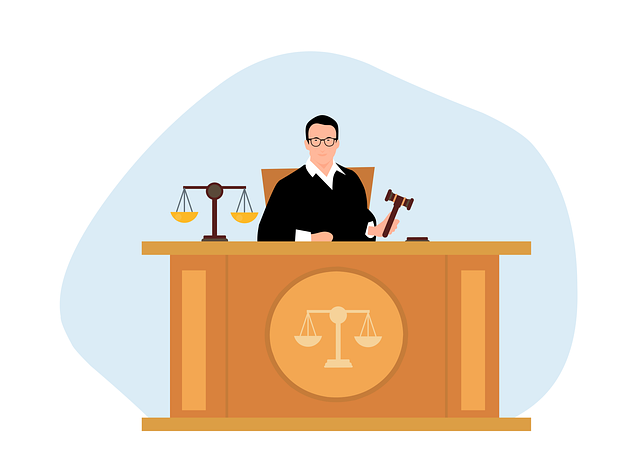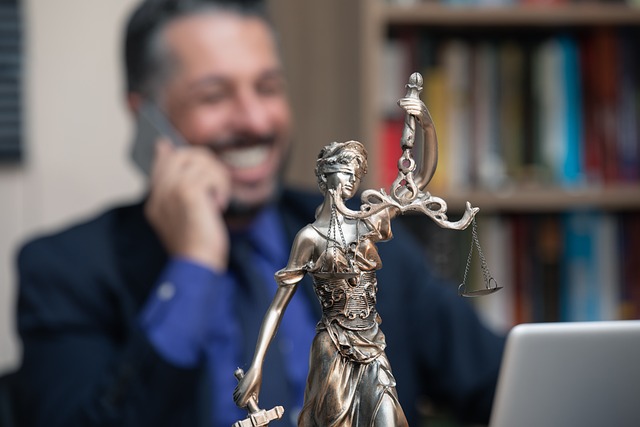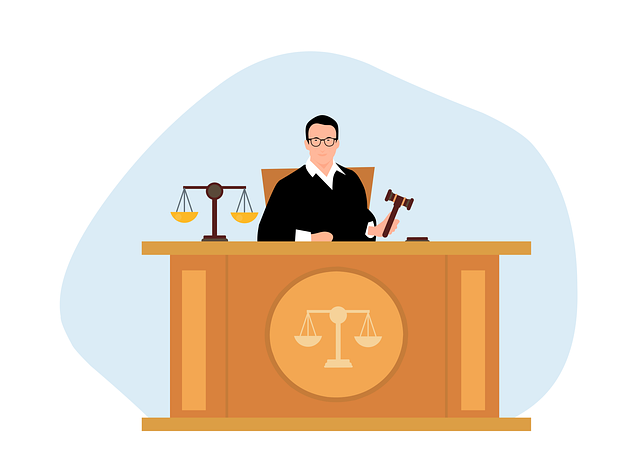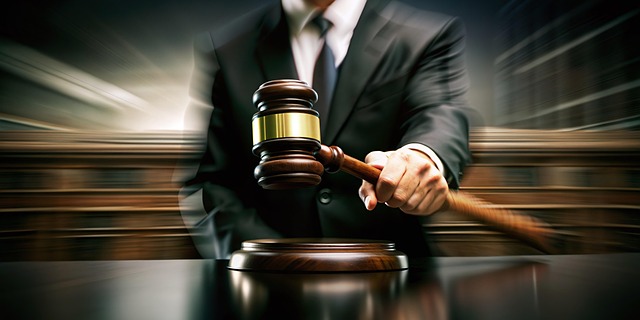Sidewalk trip and fall accidents are common, causing severe injuries to pedestrians, especially the elderly and those with mobility issues. These accidents result from surface defects like cracks and uneven pavement, which can be exacerbated by aging infrastructure and inadequate maintenance. Prompt reporting of defects and regular inspections by local governments or property owners are crucial in preventing these incidents, holding them liable if they neglect their fiduciary duty to maintain safe sidewalks. Specialized personal injury lawyers assist victims in recovering compensation for medical expenses and pain and suffering, emphasizing the importance of proactive safety measures to reduce the risk of sidewalk trip and fall accidents.
Sidewalk trip and fall accidents are a common concern, often caused by cracks in the pavement. These seemingly minor defects can lead to significant injuries. This article delves into understanding sidewalk trip and fall accidents, exploring common causes of cracks leading to falls, and offering prevention strategies for safer sidewalks. By addressing these issues, communities can reduce risks and ensure public safety.
- Understanding Sidewalk Trip and Fall Accidents
- Common Causes of Cracks Leading to Falls
- Prevention Strategies for Safe Sidewalks
Understanding Sidewalk Trip and Fall Accidents
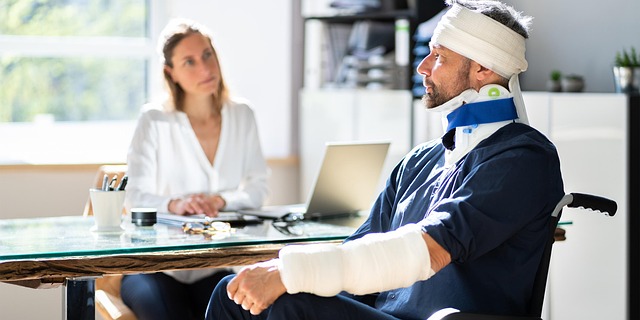
Sidewalk trip and fall accidents are a common concern for pedestrians, often leading to significant personal injuries. These incidents typically occur when individuals stumble or lose their balance due to defects in the sidewalk surface. Cracks, uneven pavement, missing tiles, or poorly maintained edges can all contribute to these accidents. What might seem like a minor inconvenience for some becomes a serious breach of safety for others, especially those with mobility issues or elderly pedestrians.
Understanding the causes behind these accidents is crucial. A personal injury lawyer specializing in such cases often helps clients recover compensation for medical expenses, pain and suffering, and other related losses. In many instances, local governments or property owners may be held liable for a breach of fiduciary duty if they fail to maintain the sidewalks in a safe condition. Prompt reporting of defects and regular inspections can prevent such incidents, ensuring a safer environment for everyone.
Common Causes of Cracks Leading to Falls
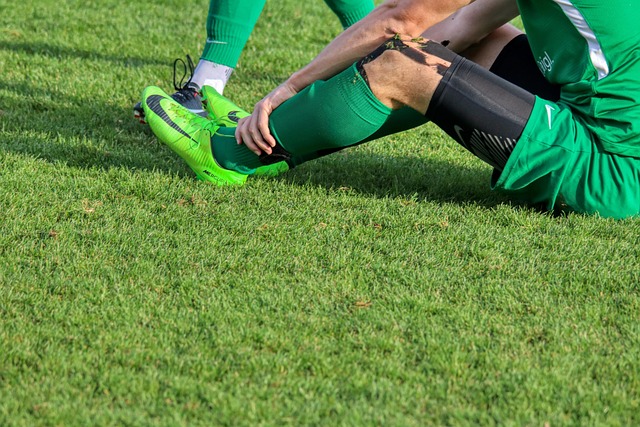
Cracks in sidewalks are often an overlooked hazard that can lead to serious trip and fall accidents. Common causes of these cracks include aging infrastructure, weather-related damage, and inadequate maintenance. As time goes on, extreme temperatures, heavy rainfall, and freeze-thaw cycles take a toll on concrete and asphalt surfaces, causing them to crack, chunk out, or become uneven. These defects create treacherous obstacles for pedestrians, particularly the elderly and individuals with mobility issues, increasing the risk of serious injuries from falls.
Negligence in repairs and routine inspections can exacerbate the problem. A breach of fiduciary duty by property owners or management may occur when they fail to address crack formation promptly, putting others at risk for sidewalk trip and fall accidents that result in nursing home abuse or other serious injuries. Prompt recognition and remediation of cracks are essential to ensuring safer walking environments and preventing unfortunate incidents.
Prevention Strategies for Safe Sidewalks
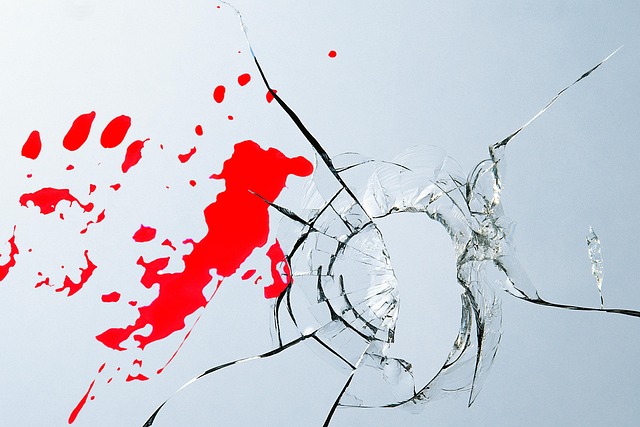
Maintaining safe sidewalks is a collective responsibility involving both local authorities and individual citizens. Prevention strategies should focus on regular inspection and repair of cracks and uneven surfaces that pose tripping hazards. Promptly addressing these issues not only reduces the risk of sidewalk trip and fall accidents but also fosters a more inclusive environment for all pedestrians, regardless of age or mobility.
For property owners and local governments, implementing robust maintenance programs can help mitigate legal risks associated with medical negligence claims arising from such accidents. Adequate legal representation and accident compensation mechanisms play a crucial role in ensuring that victims receive fair redress while encouraging proactive safety measures.
Sidewalk trip and fall accidents caused by cracks are a prevalent issue, but with the right strategies, we can significantly reduce these risks. By understanding the common causes of crack-related falls and implementing effective prevention tactics, communities can foster safer sidewalks for everyone. Regular maintenance and prompt repair of cracks are key to minimizing hazards, ensuring pedestrians’ safety, and preventing potential lawsuits due to sidewalk trip and fall accidents.

